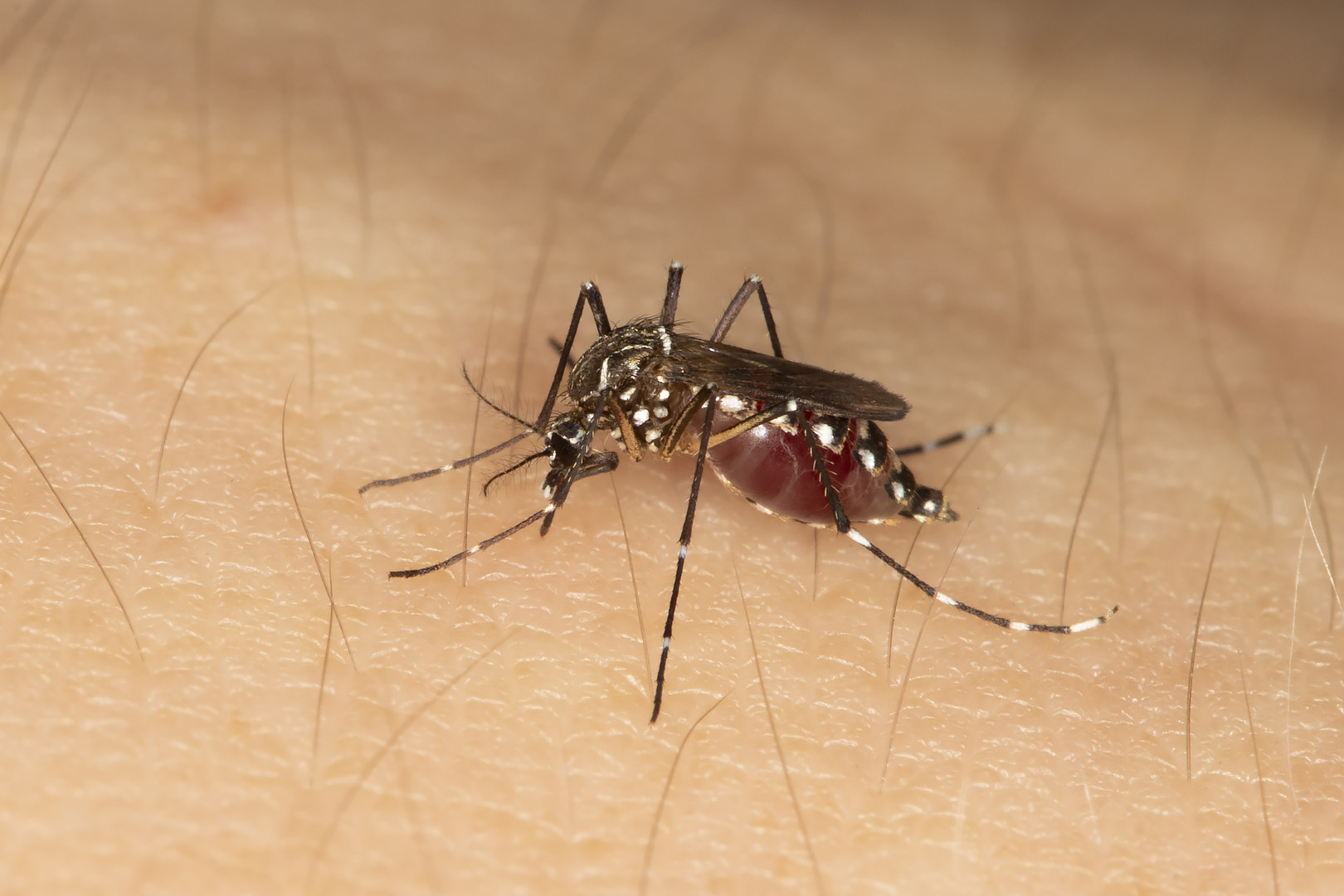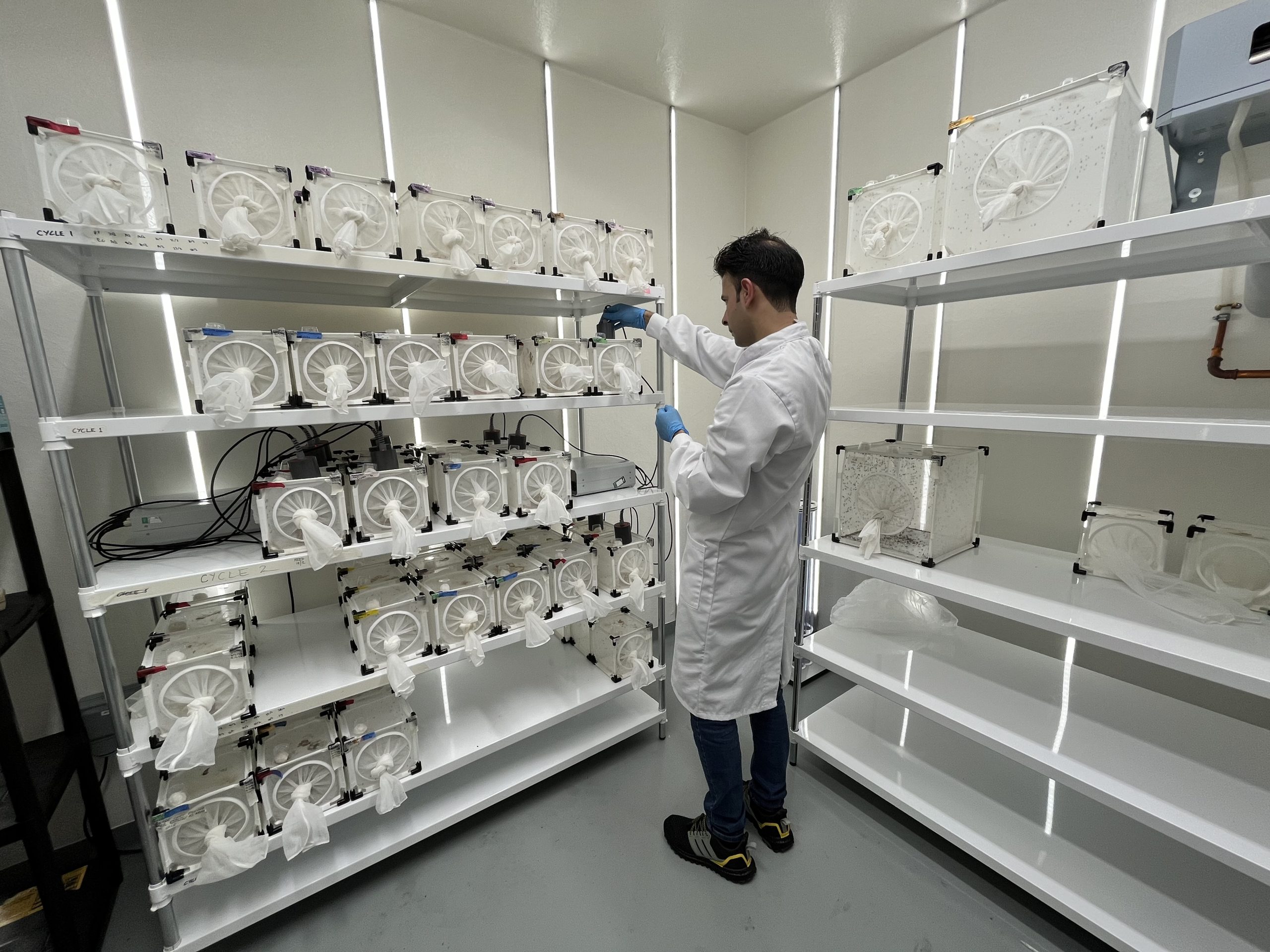By Joshua Ang, Postdoctoral Research Fellow, University of York
Aedes aegypti mosquitoes are known vectors of several diseases, including dengue, chikungunya, yellow fever, and Zika, which impact millions of people worldwide each year. The effectiveness of existing insecticide-based methods to control this mosquito is threatened by growing insecticide resistance, underscoring the need to develop new approaches. The advent of CRISPR/Cas9 genome editing has reshaped the research and development landscape of new potential vector control tools, leading researchers to explore novel approaches, such as gene drive technologies.
 Aedes aegypti mosquito. Photograph: Ray Wilson
Aedes aegypti mosquito. Photograph: Ray Wilson
In the past few years, gene drive technologies have gained remarkable traction, particularly for their success in controlling major malaria mosquito vectors in laboratory settings. A gene drive is able to bias its own inheritance, facilitating the spread of a specific trait through a target population. This super-Mendelian pattern of propagation makes gene drive technology an efficient and cost-effective potential new method to control mosquitoes that transmit disease.
However, developing effective gene drive systems for Aedes aegypti has so far proven challenging, primarily due to two hurdles: homing efficiency and resistance. We have previously demonstrated that homing efficiency can be improved by modifying the expression pattern of Cas9. Our recent research showed that mitigating resistance issues is also feasible. We demonstrated this by using a split-drive system which makes use of a multiplexed design to target multiple genetic sequences. Our findings showed that the split-drive system can effectively propagate in caged mosquito populations of Aedes aegypti mosquitoes, indicating a promising advancement towards more effective control measures against this disease vector.
 The Alphey Lab’s newly inaugurated research laboratory at the University of York. Photograph: Alphey Lab
The Alphey Lab’s newly inaugurated research laboratory at the University of York. Photograph: Alphey Lab
The field of genetic biocontrol is advancing rapidly, and with continued collaboration and innovation, we remain optimistic about the potential for the novel tools we are developing to have a meaningful impact on vector control efforts.
Recent posts
